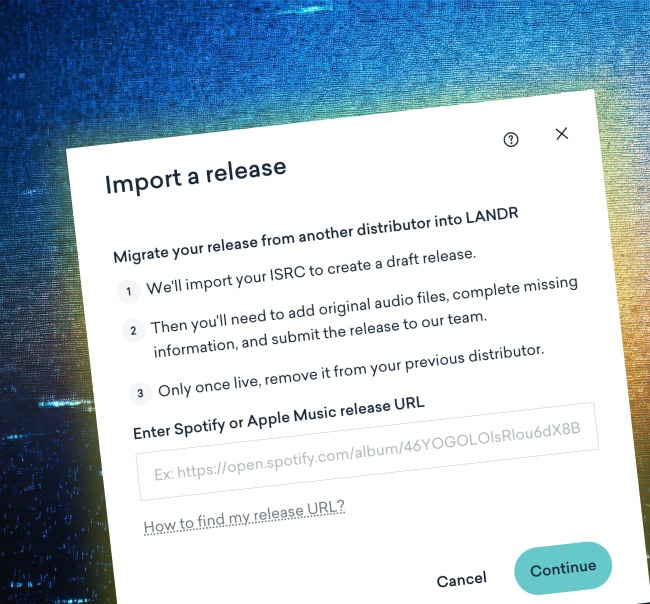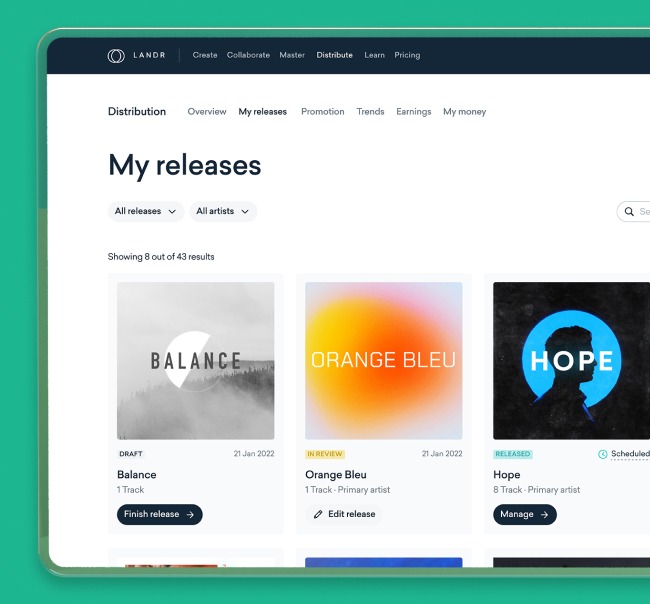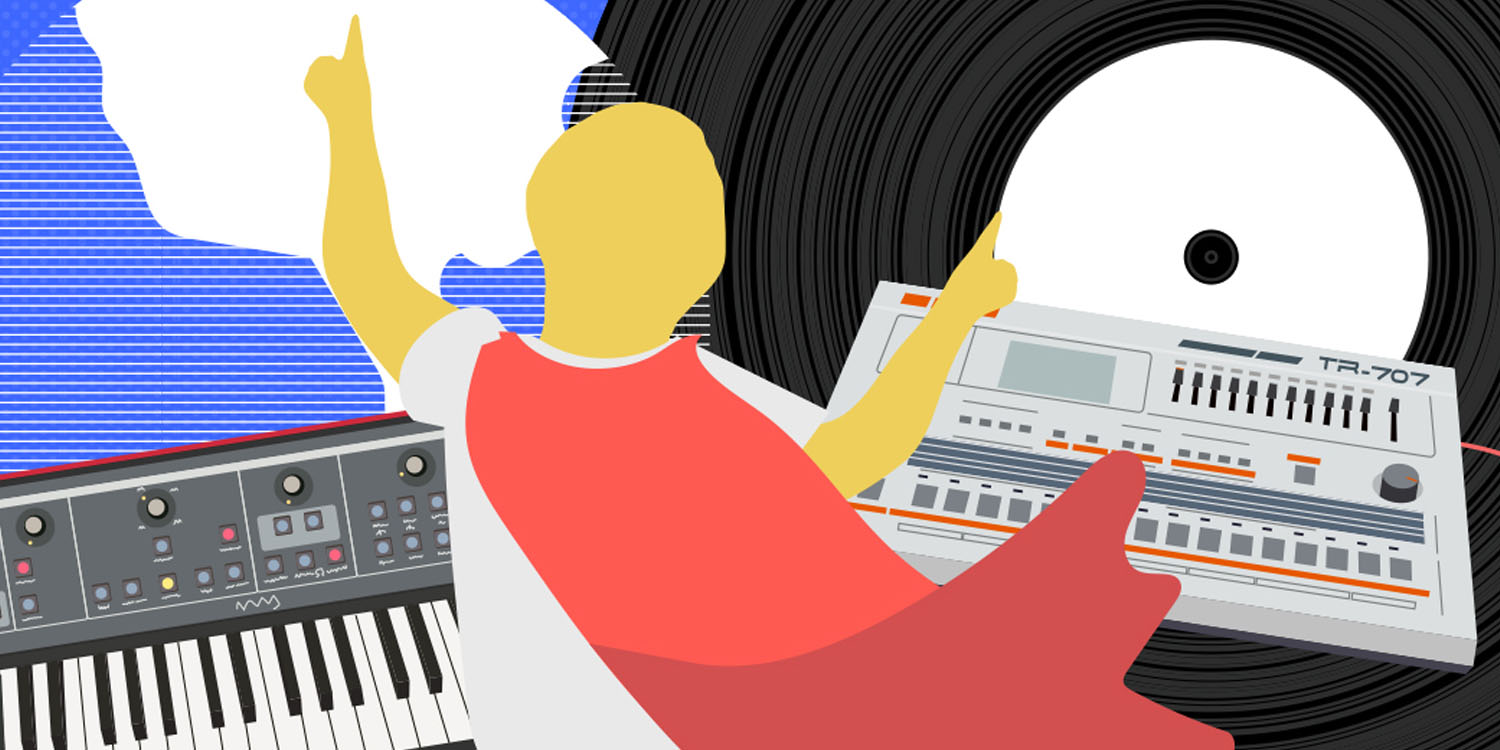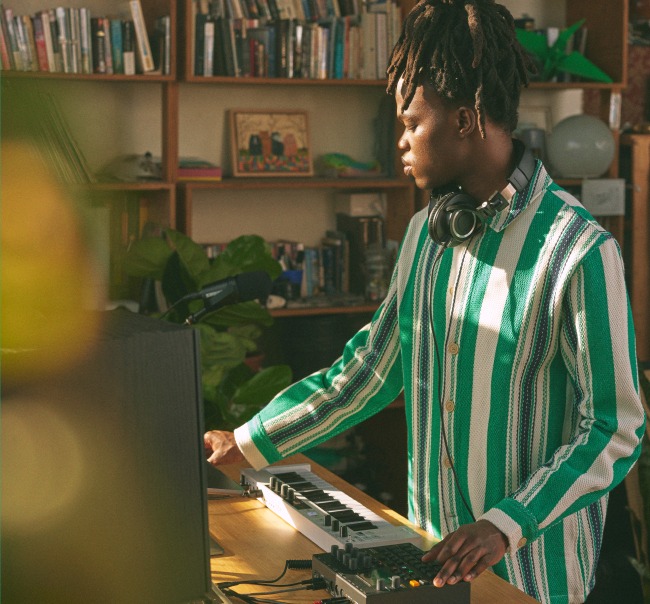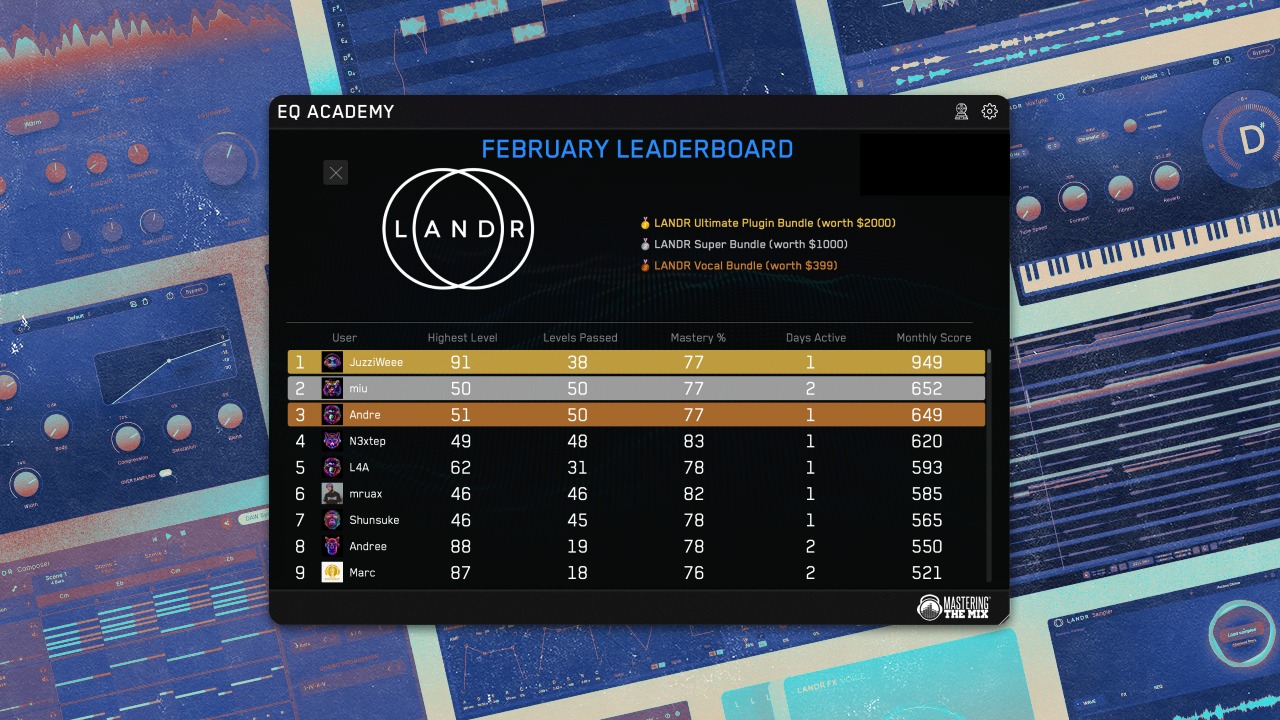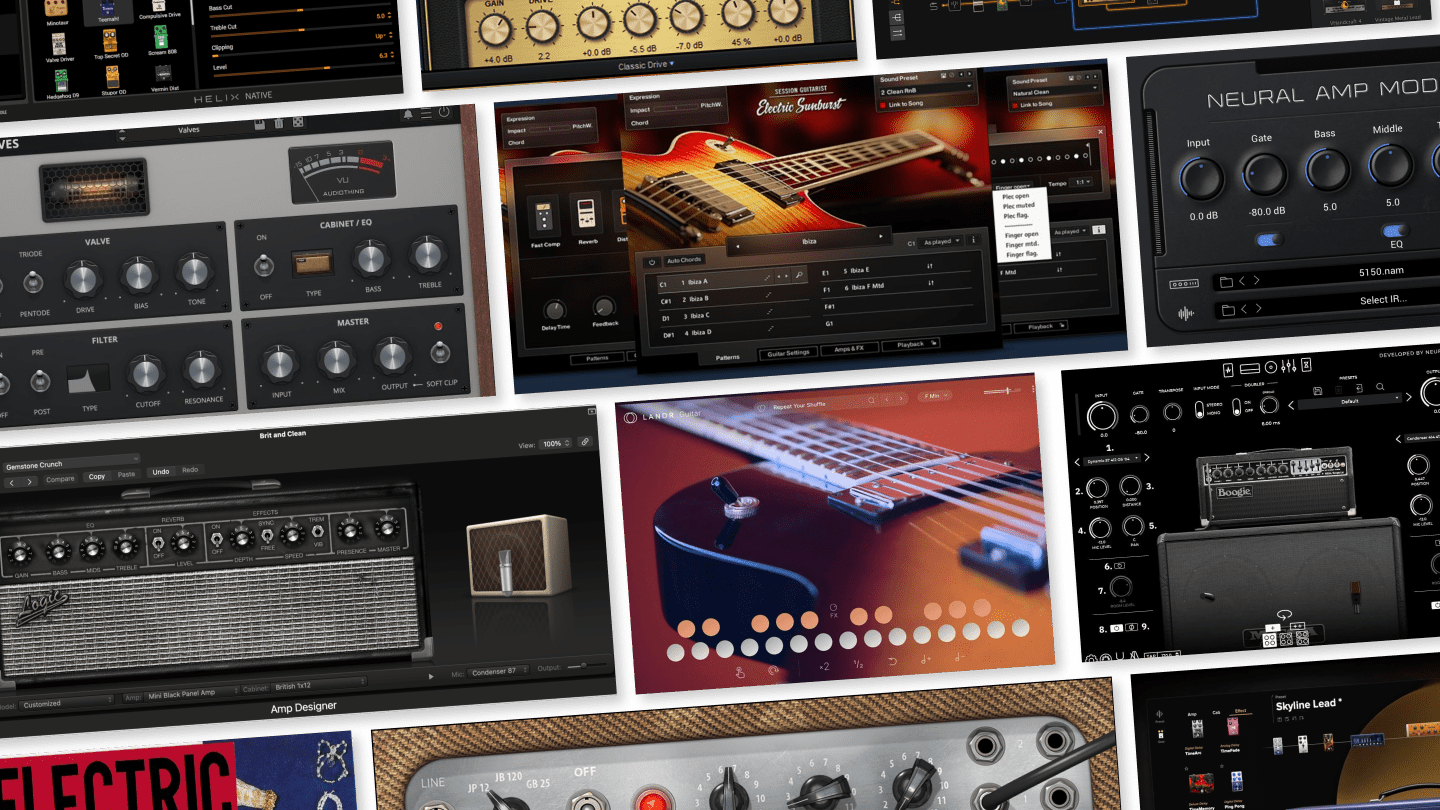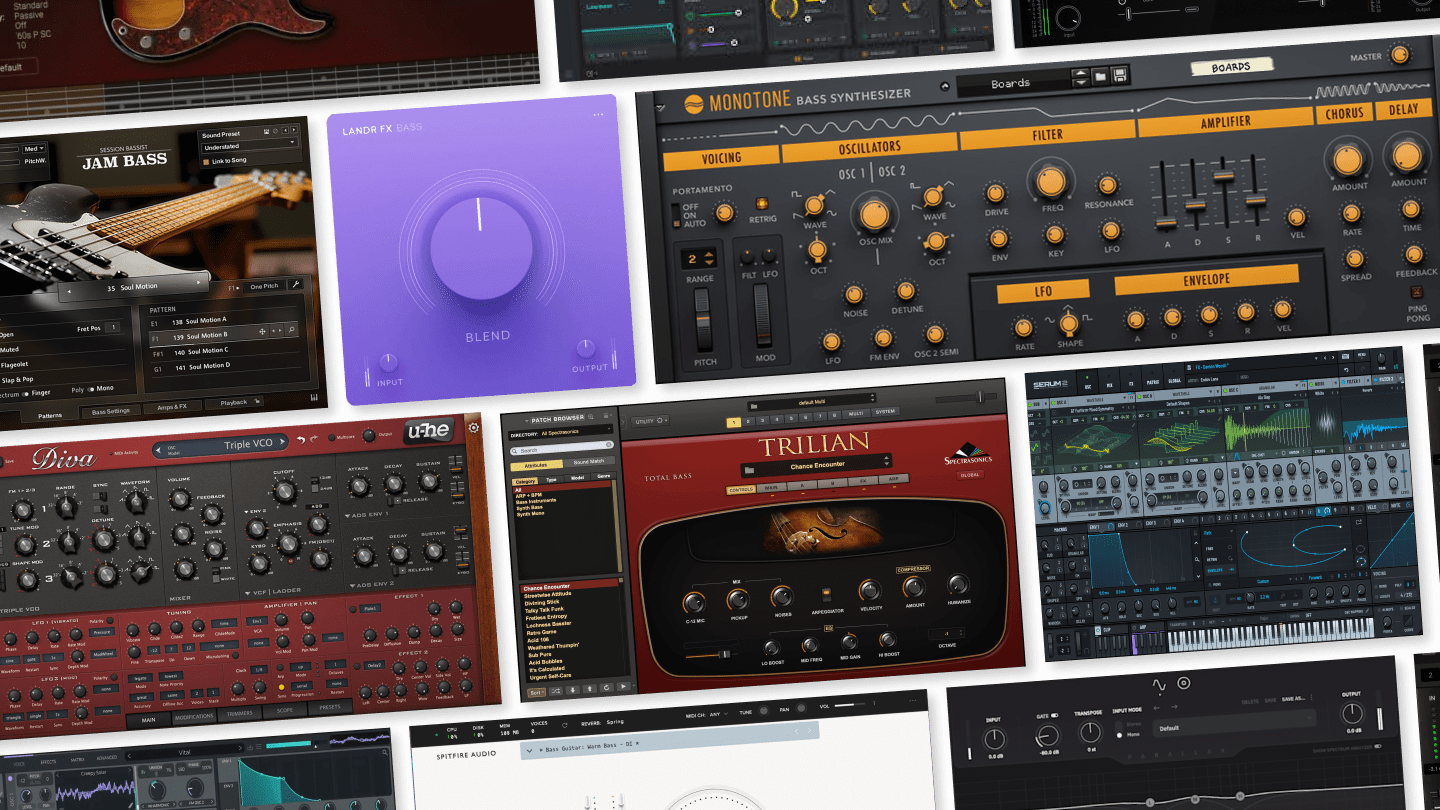
Distribution Deals: How to Get a Music Distribution Deal in 2026
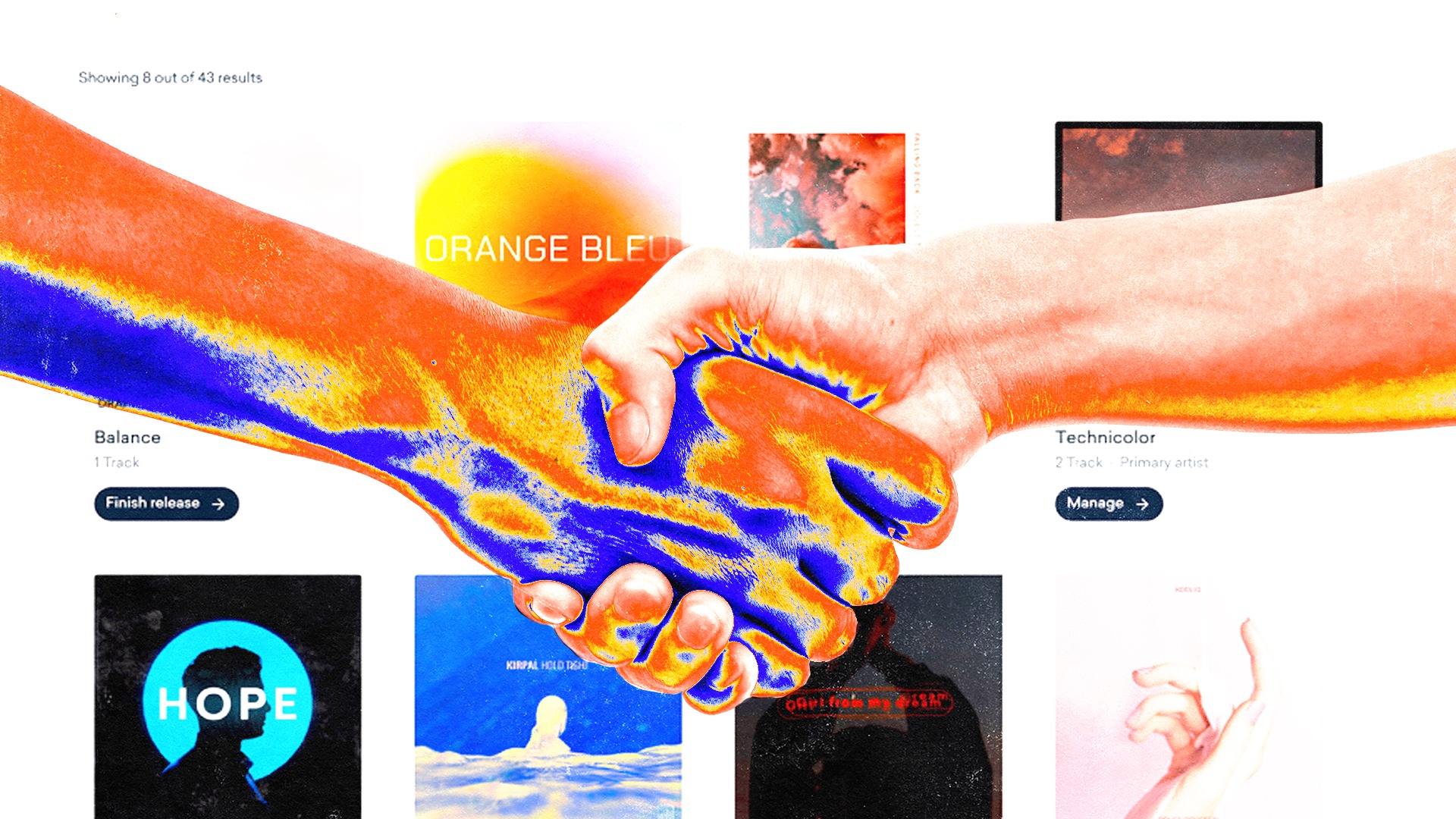
Releasing your music is always a big moment, and a distribution deal is all about reaching as many people as possible.
Today’s music industry is all about what’s online.
Streaming platforms like Spotify, Apple Music, YouTube and others are how most audiences find and listen to their music.
So it’s important to get a good distribution deal that gets your music on these platforms and pays you for every stream.
Modern distribution service providers make this process easier than you might think.
Let’s explore everything you need to know about distribution deals and how streaming payments work when you release music.
What is a distribution deal?
A distribution deal is an agreement between an artist and a distribution company where the company agrees to manage the retail sales (physical or digital) of an artist’s music.
Distribution deals have been a part of the music industry ever since vinyl records, compact discs and cassettes were the primary way of purchasing and consuming music.
Originally, distribution companies managed physical retail channels and were responsible for getting an artist’s record on the shelves of record stores.
Today, physical distribution is only a small part of what goes into a distribution deal. Many important factors distinguish distribution services from one another.
How do music distribution deals work?
There are two different kinds of music distribution companies and their distribution deals work differently.
The two types of distribution companies are:
- Distributors that work with record labels
- Distribution service providers that anyone can work with
Let’s unpack each one.
How record label distributors work
Distribution companies that work closely with record labels offer deep connections with curators and managers at streaming platforms.
These companies don’t just get your music streaming services, they use their relationships with streaming platforms to pitch your music to playlist curators.
Of course, this kind of boutique service comes at a price and isn’t available to everyone.
You’ll need to be an established artist with earning potential and a high volume of quality output to gain attention from label-oriented services like these, and they’ll always take a cut from any royalties you earn.
But if you have these connections, getting support from distributors that work with labels can get your music in front of important gatekeepers and increase your chances of success.
How open music distribution services work
The other, much more common distribution deal focuses solely on releasing music to streaming platforms like Spotify, Apple Music, Tidal and others.
Distribution services work with you to make sure your tracks are formatted properly for delivery to streaming services. They also handle the collection of streaming payments and reporting on your song’s performance on these platforms.
These services make it easy for anyone to self-release music, and in many cases support the increasingly popular independent route.
Nowadays, music distribution services make it so much easier for artists to go without signing a record deal.
How do music distributors pay artists?
Whether you get a distribution deal through a record label or with a distribution service provider, these services both collect payments for streams of your music.
The all-important question is, how do these services make money and how does that impact streaming revenues?
What percentage does a music distributor take?
If you work with a music distribution service like LANDR, DistroKid or TuneCore, the answer is none! Most distribution services no longer take a cut from any of your streaming royalties.
Instead, you must pay a yearly subscription fee to use their services.
Distribution deals made through your record label typically work differently. Instead of asking you to pay them an upfront fee, they’ll take a cut of your streaming revenues.
That’s why label distribution services typically work with larger artists and it’s why their relationships with playlist makers are so important—they need artists who have sizeable followings that will generate lots of streams.
Do distribution deals give advances?
Music distribution service providers do not give advances.
In my personal experience, a band I played with got a small advance from a label we decided to work with that partnered with a label-style distributor.
So in some cases, distribution deals can include advances, but only if you’re working with a label or boutique-publishing company.
🧠 Hot tip
How to get a distribution deal for your music
If you’re just starting your music career and it’s your first release, your best bet is to use a music distribution service provider to get your music on Spotify, Apple Music and all other major streaming platforms.
You can start a release right now and instead start working on your album or single launch promotion plan.
Building relationships with labels that use their own distribution services takes time.
You need to establish yourself in the music world with a few solid releases, build your social media following and grow your network in the music industry if you want to get attention from a big label.
So, pick an open music distribution service and focus on making your best music first.
Can I distribute my music without a distributor?
No, you cannot. You must work with a music distribution service to get your music on Spotify, Apple Music or any other streaming service.
Is a music distribution deal worth it?
The short answer is yes! Whether you’re self-releasing with a distribution service provider, or signing a distribution deal with a record label, getting your music to market is always a huge moment.
Now that you know how music distribution deals work in 2024, finish your record and start planning that release!
Gear guides, tips, tutorials, inspiration and more—delivered weekly.
Keep up with the LANDR Blog.
